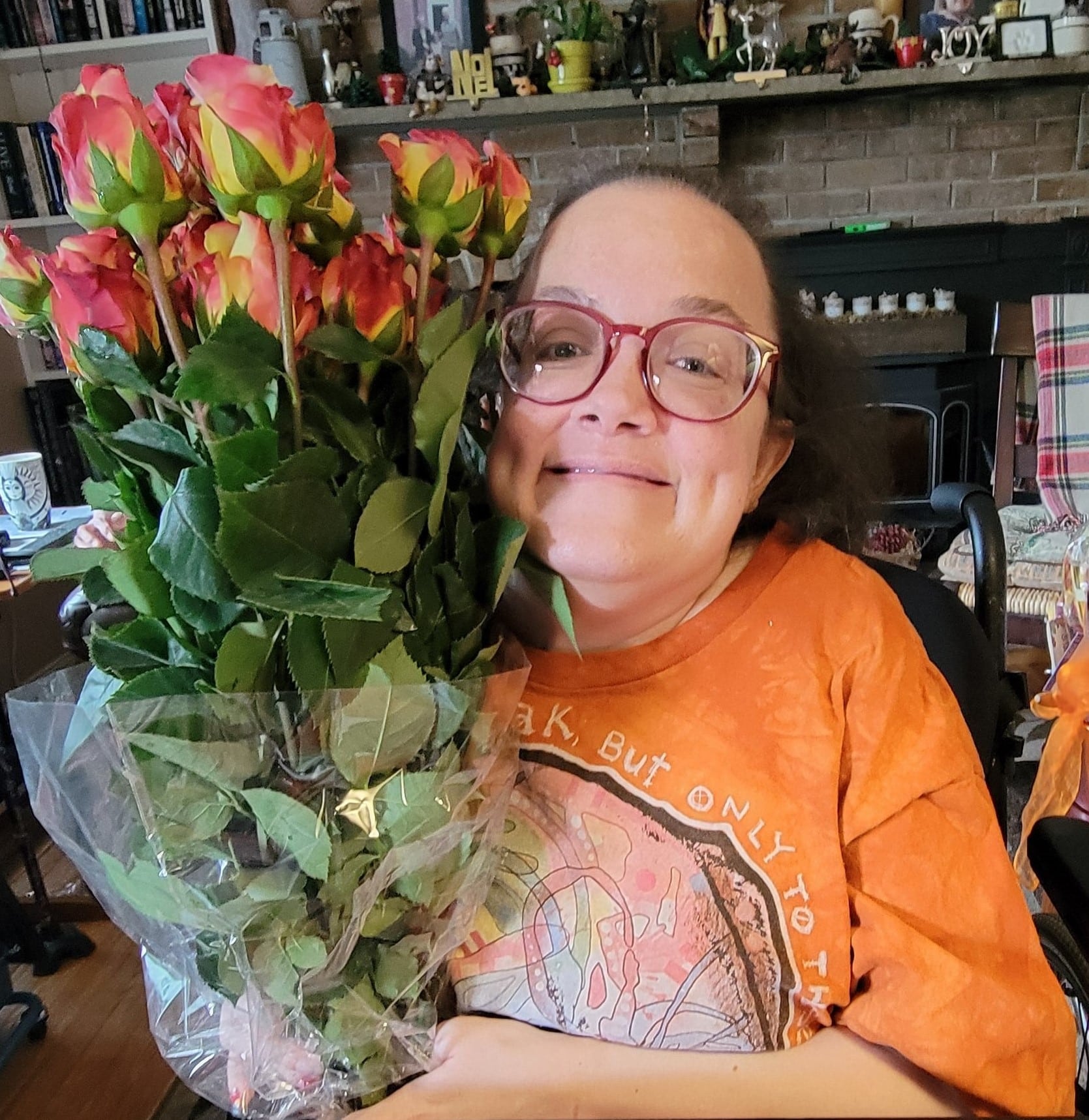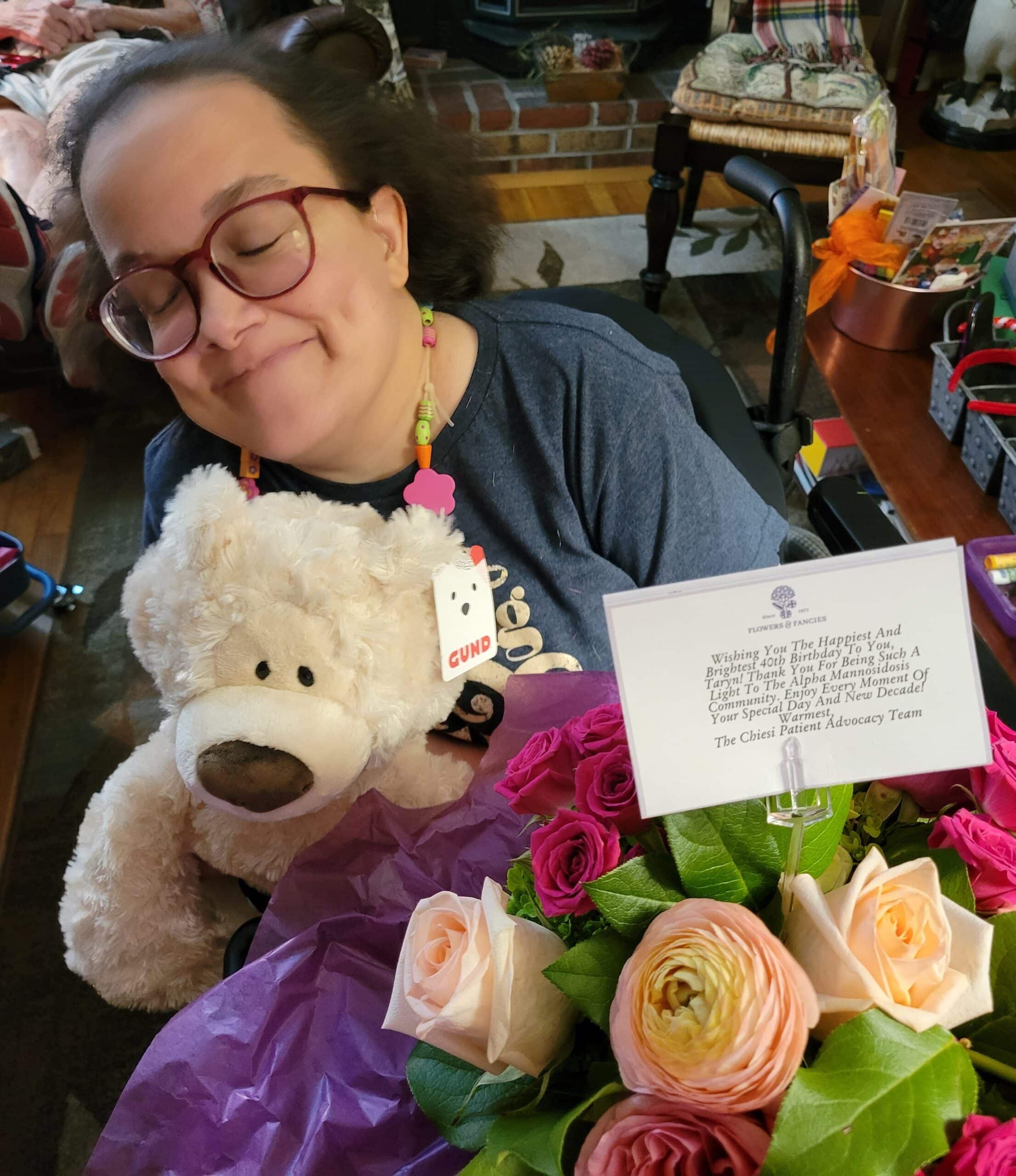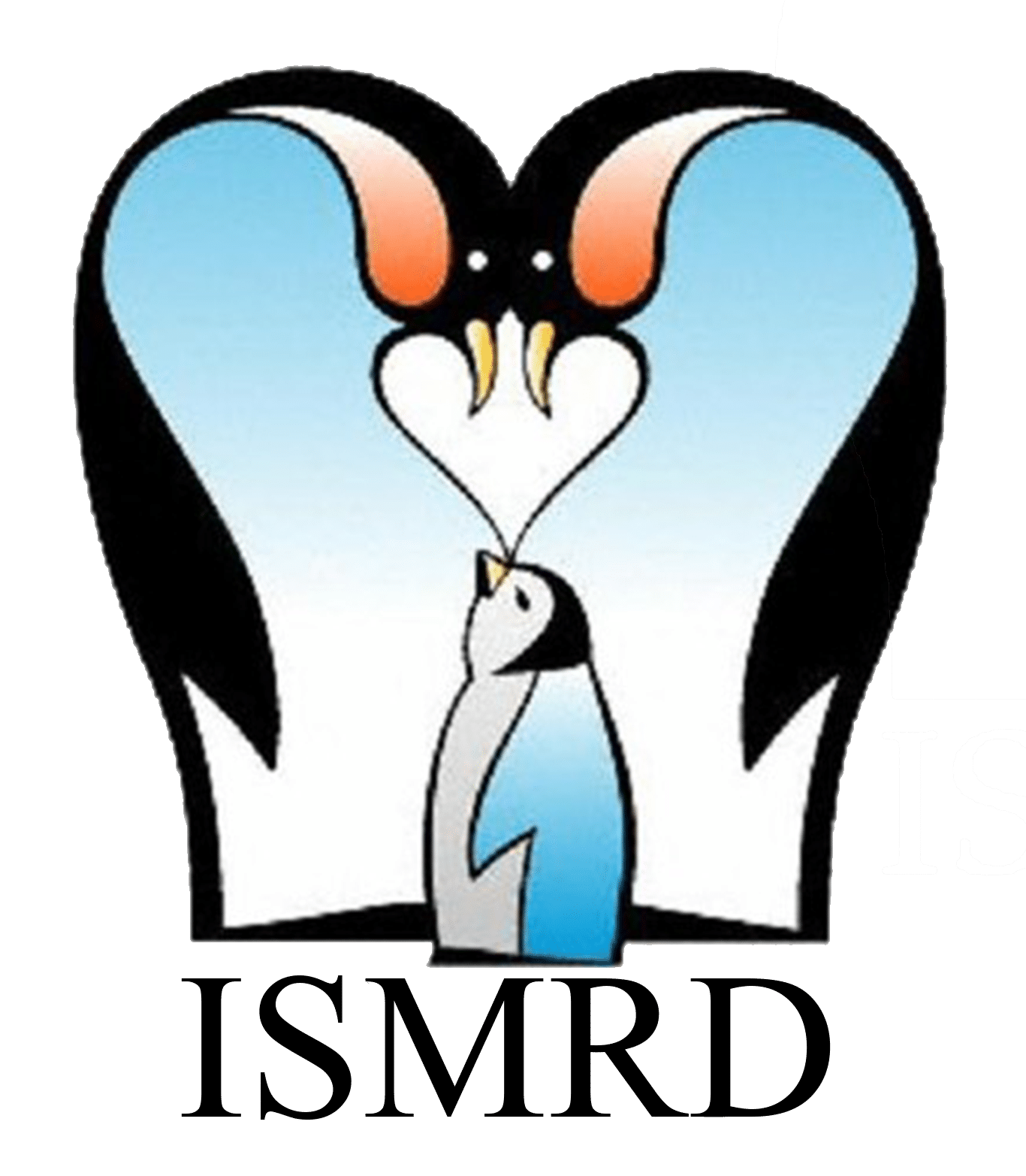About
About the International Society for Mannosidosis & Related Diseases
Our Mission
ISMRD is the leading advocate for families worldwide affected by a Glycoprotein Storage Disease. Through partnerships built with medicine, science and industry, we seek to detect and cure these diseases, and to provide a global network of support and information.
Our Story
ISMRD was incorporated as the International Society for Mannosidosis & Related Diseases in Baltimore, Maryland, USA on March 10, 1999. Paul and Debora Murphy, parents of a child with Alpha-Mannosidosis, developed the organization to fill a void they perceived existed both for affected families and scientists and physicians with an interest in research and treatment modalities.
ISMRD continues to seek a future in which children with Glycoprotein Storage Diseases can be detected early, treated effectively, and go on to live long, healthy and productive lives.
It All Began with Taryn
On August 3, 1984, Taryn was born to Paul and Debora Murphy. As time passed, Taryn was diagnosed with a very rare disease called Alpha-Mannosidosis. Very little was known about it at the time. When Taryn was 15, Paul and Debora founded the International Society for Mannosidosis and Related Diseases (ISMRD). Its mission was to help build more information about this disease and six others, collectively known as Oligosaccharide Storage Diseases.
The strategy was to identify patients, form networks and encourage research. Today there are two therapies for Alpha-Mannosidosis: bone marrow transplants and enzyme replacement therapy. ISMRD now supports nine similar diseases which are grouped together as Glycoprotein Storage Diseases. To date there have been six international scientific and family conferences about them.
As we celebrate Taryn’s 40th birthday in 2024, we would like to thank Taryn, Paul and Debora for starting ISMRD, which now represents all of the nine glycoprotein storage disorders.


Why Penguins?
Like penguins in real life, our penguins show great adaptability to their harsh environment, manifested in the diseases that have afflicted their children. ISMRD’s penguins are learning to symbolically fly and overcome the disadvantages of genetics and the clinical symptoms that have ensued. Our penguins will eventually “fly” by finding treatments and cures for these diseases and, in the meantime, will find ways to support one another across nations and differences in language, religion and culture.

Meet the Team
Our Board of Directors
Carolyn Paisley-Dew
President, Australia
Abby Lindenberg
Vice President, USA
Danielle Forsman
Treasurer, USA
Nathan Hubbard
Secretary, USA
Sarah Forsman
Communications Officer, USA
Darko Jamnik
Board Member, Slovenia
Cagdas Canbolat
Board Member, England
Laurel Gregier
Board Member, USA
Erin Hubbard
Board Member, USA
Hussain Peeran
Board Member, USA
Patricia Gribel
Board Member, Brazil
Lama Khalil-Qashou
Board Member, Saudi Arabia
Tareq Qashou
Board Member, Saudia Arabia
John Forman
Board Emeritus, New Zealand
Jenny Noble
Board Emeritus, New Zealand
Mark Stark
Board Emeritus, USA
Pam Tobey
Board Emeritus, USA
Our Advisory Board
Dr. Steve Walkley
Dr. Sara Cathey
Dr. Alessandra D’Azzo
Dr. Karolina Stepien
Dr. Dag Malm
Dr. Marc Patterson
Dr. Richard Steet
Dr. Charles Vite
Dr. Thomas Braulke
Dr. Amelia Morrone
Dr. Enrico Moro
Dr. Vish Koppaka



